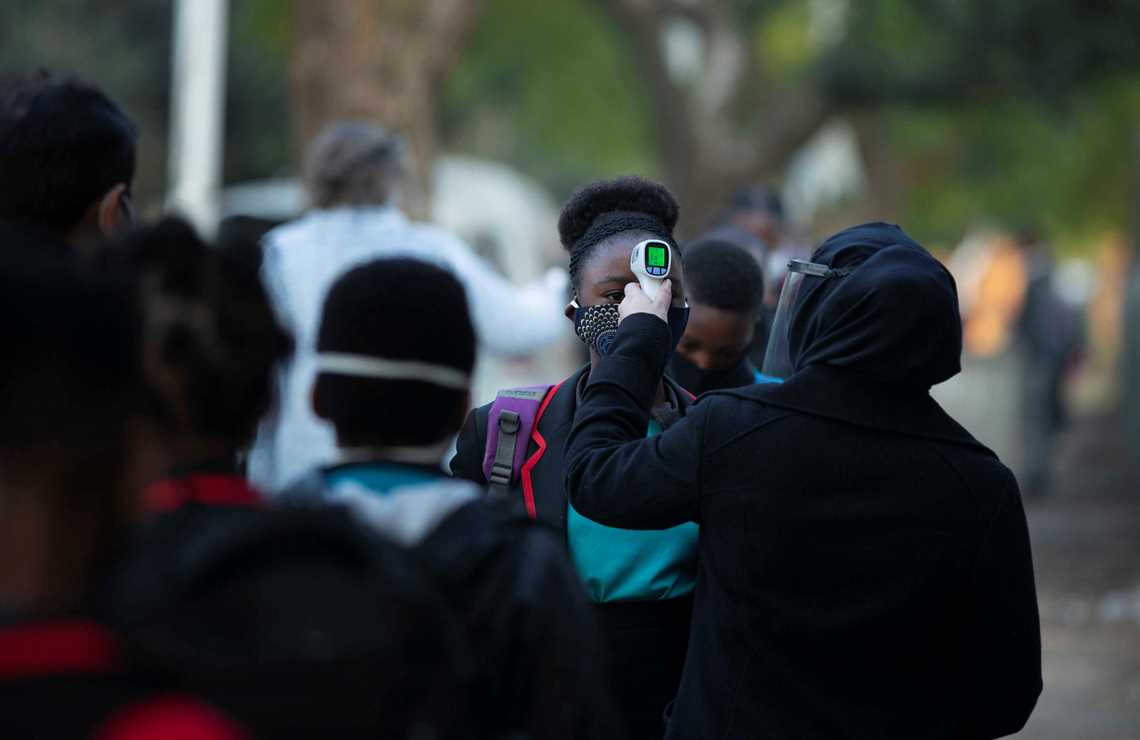Students and teachers across the globe have been unexpectedly forced to turn to online teaching modes during months-long school closures and lockdowns in light of COVID-19.
Yes, these unprecedented times have been tough on everyone. From misguided attempts to put hundreds of pages of courses online, taking technology lessons from someone seemingly adept at home to having to make do with limited internet connectivity and resources, all of this over and above the mental health issues arising with months of confinement; unfortunately online teaching for many has been nothing but a giant fiasco.
But did you know that universities can’t go scot-free and not be accountable for the efficiency of their online processes like a bandaid solution? Elena Botts, a graduate student from John Hopkins University, USA, is suing her university for not quite meeting her expectations.
Is online teaching effective? These lawsuits say ‘no’
Botts claims that the course, worth $26,000, that she was pursuing was abruptly made to shift to online teaching mode ever since the pandemic began. However, the experience has been below par so far, not at all matching the quality of face-to-face learning. She thus seeks a partial refund of her already exorbitant tuition fees.
Unfortunately, she is only one among thousands of other students who, without proper access to tools, electronic gadgets, or guidance, are left on the wrong side of the imminent “tsunami-scale” divide in a digital age.
Amara Ahmad, who works at a UK-based employment law firm, Doyle Clayton, has an interesting piece of advice for students who find themselves hopelessly lost in substandard quality of distance learning. She says that according to the 2015 Consumer Rights Act, which safeguards consumers’ rights for quality and service, students can seek refunds if the universities fail to offer the services they agreed to provide.
On Saturday, The Guardian reported that one of the most prominent names in online teaching, Shaw Academy, which boasts over 12 million successful graduates and an exponential surge in demand during the COVID-19 period, is currently being investigated for unsatisfactory reviews from students. Reportedly, the website is being sued by its students for bombarding them with marketing emails, social media adverts, emails, and phone calls, persuading them to buy more services.
Ahmad says that a student’s right is protected by the consumers’ rights act as soon as he or she completes enrollment with a particular uni. So, if you are facing similar harassment attempts by the university, you, too, could go ahead and file a complaint.
It depends on how strong is your case
At the same time, success is entirely dependent on the strength of the case. This brings us to a 2018 case against the University of Oxford, where a student attempted to file a lawsuit against the university for educational negligence. The student scored a 2:1 in graduation instead of a first and demanded damages worth £1 million. However, without any sufficient evidence backing the claim, the case was dismissed by the High Court.
On the other hand, we also saw the court rewarding the much-needed victory to the students of an Oxfordshire-based college, the Rycotewood College, in 2003, when they accused the institution of providing a worthless degree. Seeking damages worth over £100,000, the students with a vehicle restoration and manufacturing degree, had absolutely no value practical knowledge of the field without hands-on experience.
In short, the case’s success relies on how much losses you have incurred and how good you are at proving them. But the good part is that the universities are growing increasingly wary of the quality of education provided by them, following an exponential rise in such cases in recent times.
The complaints and lawsuits would undoubtedly bring about a significant change in the way unis market themselves, Ahmad said. If the unis sell themselves by bragging about a wholesome on-campus experience that combines hands-on knowledge with campus learning, then this could mean trouble brewing, especially when disasters such as COVID-19 hit and shift the entire curriculum online.
Can blockchain education guarantee success?
The success of cases that have happened in the past that involve students attempting to sue their unis is entirely dependent on the case. But what if there is a way that the transaction can be guaranteed safe and secure, therefore, will be incontestable?
There are many ways you can make an impact on the world. But there is no greater impact that you can make than spreading education and empowering people who’ll empower and teach people, who, in turn, will empower and educate more. And blockchain technology has a crucial role to play in this succession.
Tokenizing learning is based on a revolutionary idea that blockchain can make the very concept of learning and teaching a productive as well as an enriching experience. Hailed as a potential game-changer for online teaching, the approach can drastically improve the way students and teachers acquire new skills and adopt practices that promote growth and development.
Blockchain will disrupt, not replace
And those who fear that blockchain would permanently replace teaching jobs, it is, in fact, the very opposite. Blockchain is not anti-schools. It lets schools work better and more streamlined in their functions. Mitch Rankin, co-founder of English Forward, in his recently-published article, proposes numerous potential use cases in education through which it can effectuate the much-needed change.
Blockchain technology can be a turning point for those universities that rely on the prestige of their academic models to ensure third parties about the quality of education acquired by the students. It can further enable new collaborative models between teachers and students and improve the overall online teaching experience, thus, reducing risks of expensive and time-consuming lawsuits.
Blockchain is interwoven with all the facets of education. If we don’t see its potential now, and don’t embrace it sooner, we will suffer in this seeming upheaval. Regression of the human mind, through boredom, fear, distress, disillusionment, already on the threshold of our schools, might topple down the whole system already heavy with several issues.
If you are planning for a year, sow rice; if you are planning for a decade, plant trees; if you are planning for a lifetime, educate people.
– Chinese Proverb







